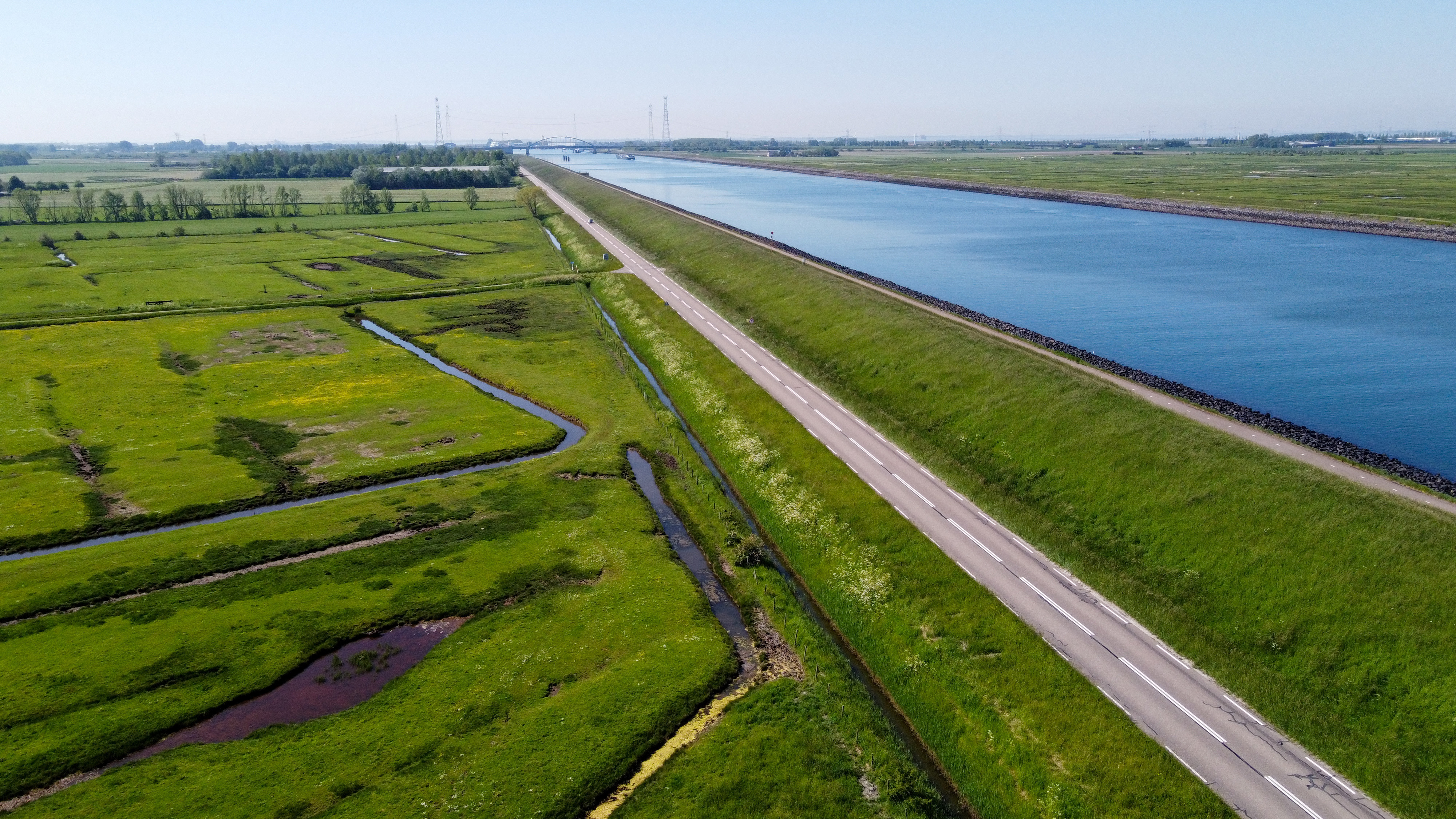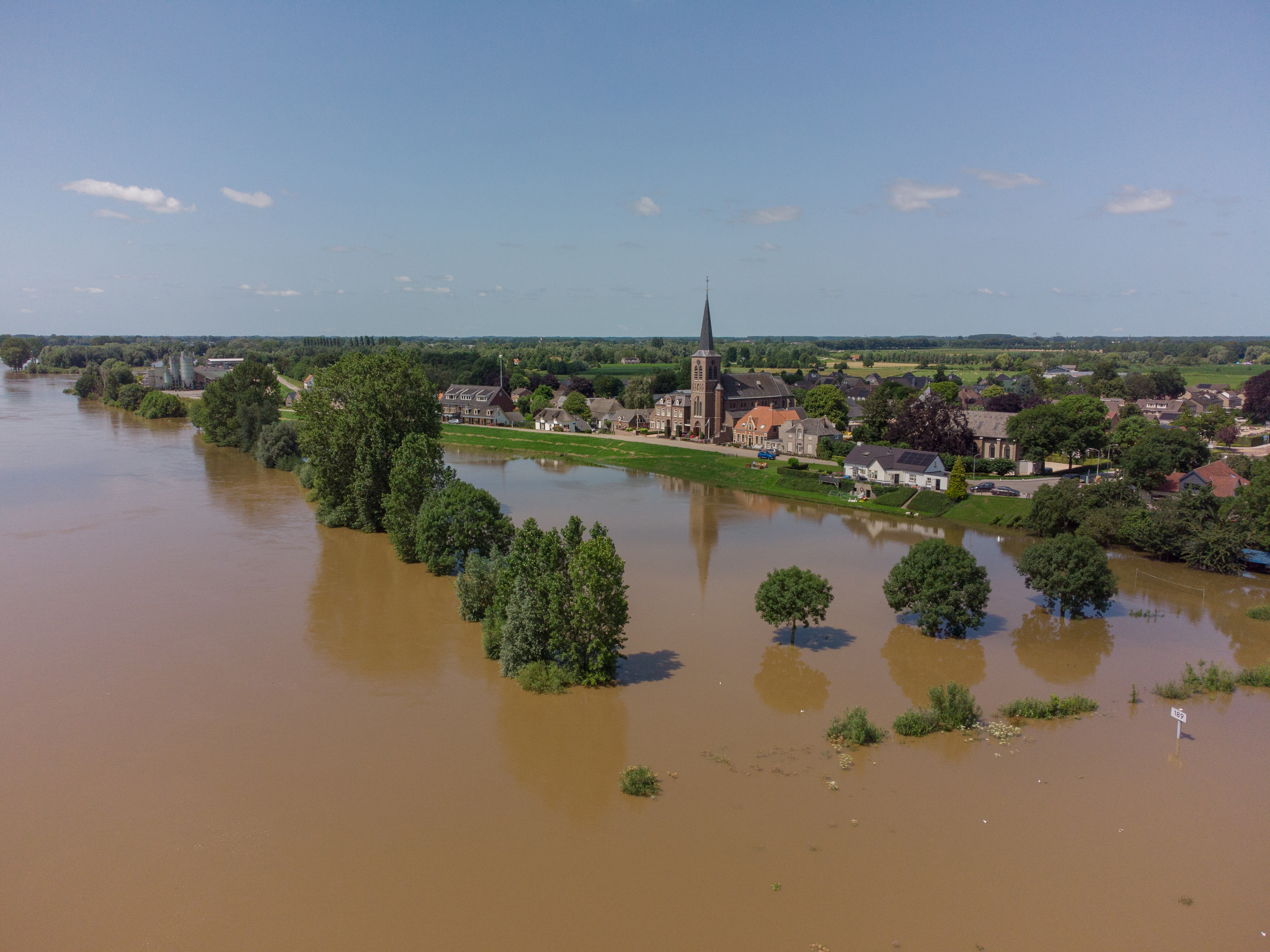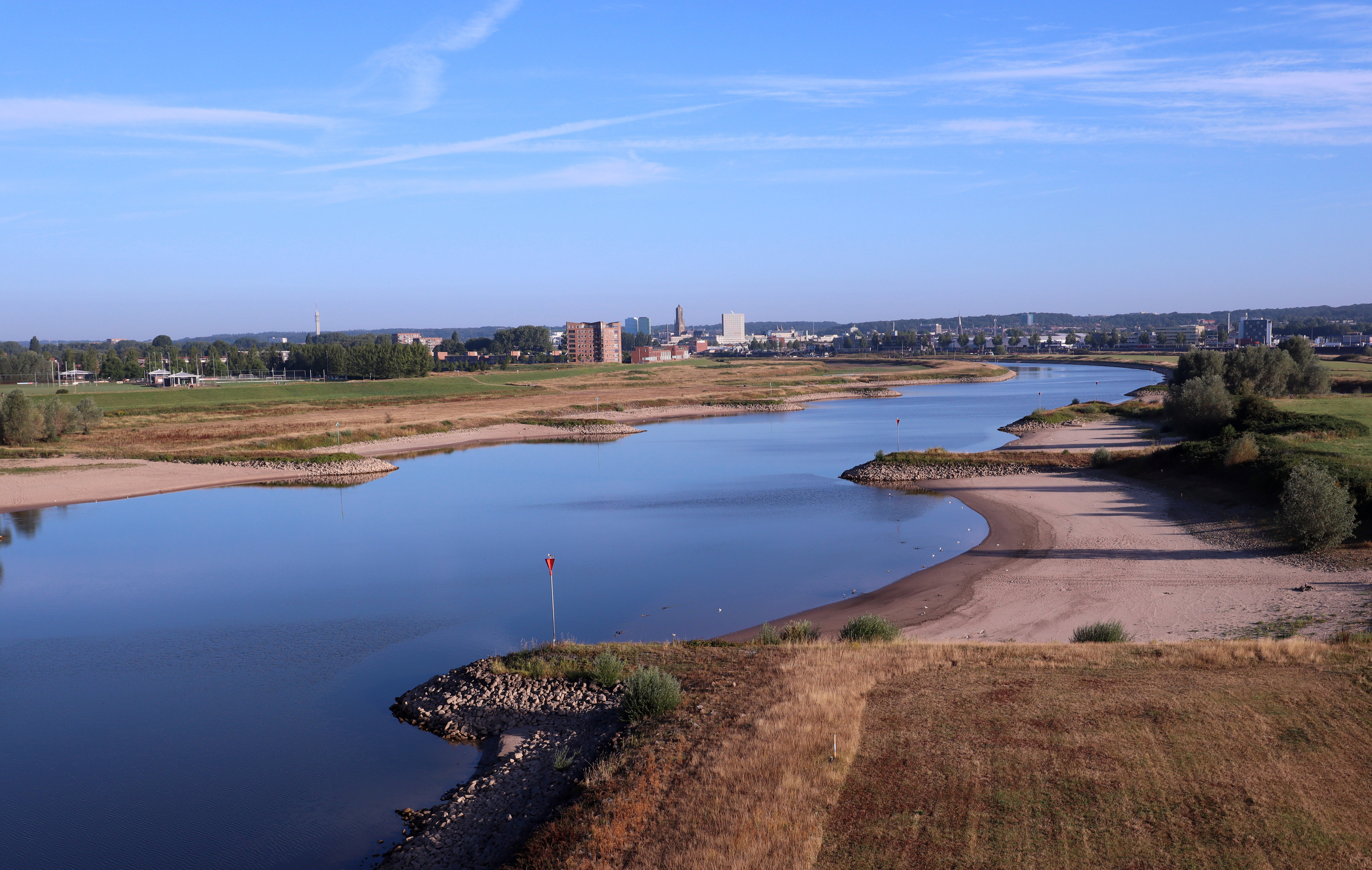
Innovative governance for managing floods and droughts
In recent years climate change has led to more frequent and higher floods and more severe droughts worldwide. How can we best organise flood and drought risk management? A new case study, a product of a long-term collaboration between the World Bank and Deltares, shares the experiences with this topic in the Netherlands. “Countries can improve their system more comprehensively and systematically”, says Eelco van Beek, water resources management expert and one of the authors.
To address the challenges posed by floods and drought countries have traditionally relied on infrastructural measures such as building higher dikes and creating more water storage for drier periods, explains Van Beek. “This case study emphasises that efficient governance is just as important. But organising that in a smart way is quite complex.” He is referring to how all the parties involved in managing floods and droughts have to work together and take account of each other. Not only the different government bodies, but also the various organisations, scientists and also citizens.


Eelco van Beek
Water management expert
Eelco van Beek is an independent consultant who worked as a water management expert at Deltares from 1976 to 2022. He has been involved in many water resources development projects, ranging from long-term planning to real-time exploitation projects. And also from feasibility studies to watershed plans.
“Countries can improve their system more comprehensively and systematically.”
Eelco van Beek - Water management expert
A methodology for continuous improvement
The case study ‘The combined management of floods and droughts in the Netherlands. An EPIC Response application’ follows the 2021 report ‘An EPIC Response: Innovative Governance for Flood and Drought Risk Management’. That report offered an innovative governance approach for the combined management of flood and drought. Following the feedback from practitioners to the report, Deltares and the World Bank team joined forces again to turn the content of the report into a methodology for countries to assess the status of their flood and drought risk management systems and identify areas to improve. Van Beek: “It enables countries to improve their systems continuously, depending on what is needed in their situation.” The methodology has been piloted in various countries in Asia and Africa and has also resulted in this application in The Netherlands.

High impact on society
The Netherlands, a country that has historically suffered from floods, has an effective flood management system, according to Van Beek. Innovative Dutch projects that inspire other countries include Room for the River and the National Delta Programme. However, the drought management systems are not as advanced as flood management in the Netherlands. “The EPIC Response application in The Netherlands offers ideas to take advantage of the more advanced flood risk management system to speed up necessary improvements in drought management”, says Van Beek. He hopes the EPIC Response Framework, the assessment methodology and the growing number of pilot applications is useful to governments and organisations working on water security and disaster risk management around the globe.


